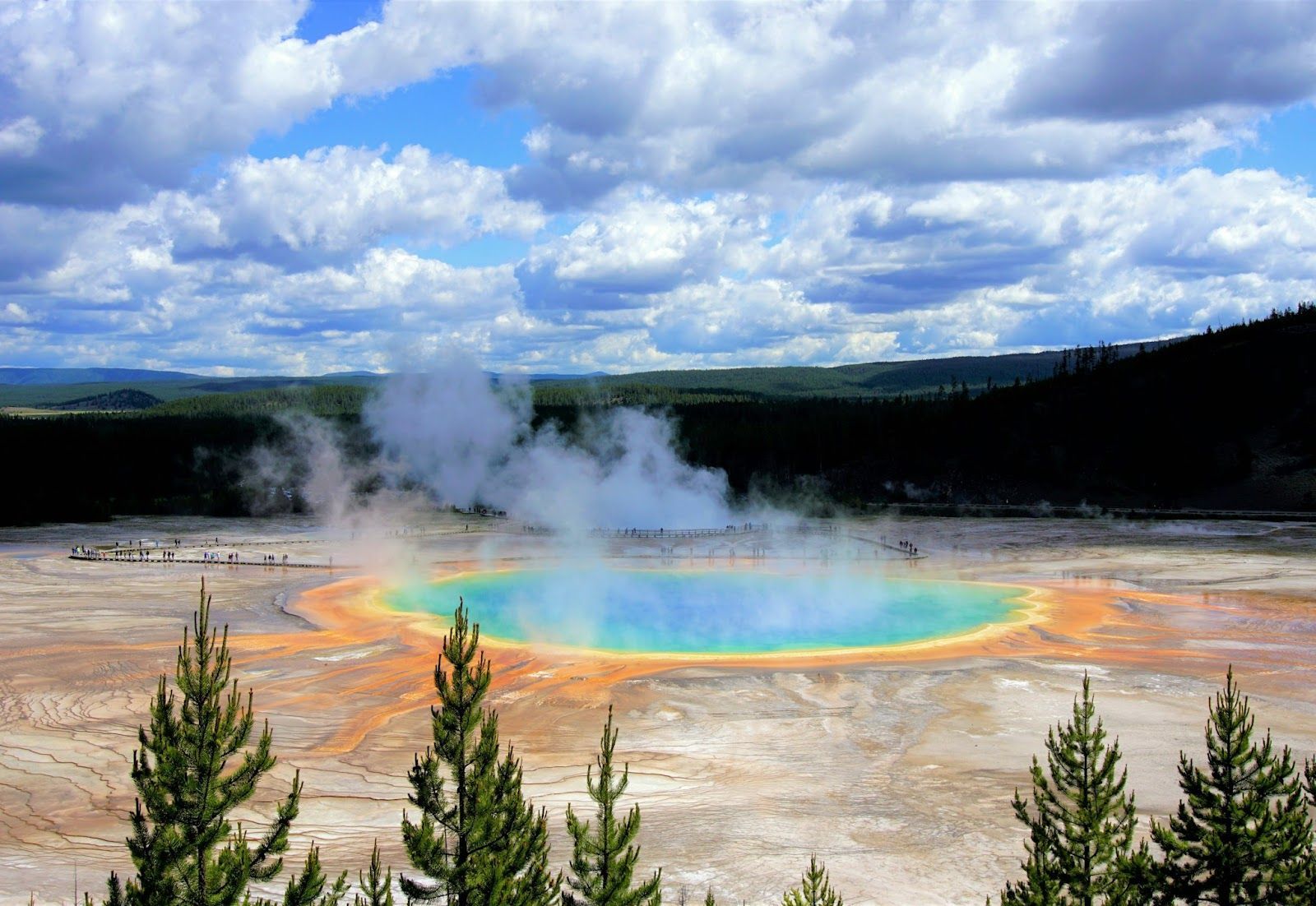What city's name comes from the words for "love" and "brother" in Greek?



America’s place names have some wild origins – here are 12 of the strangest

Every place name has a story—especially in America! While some come from Indigenous languages, others trace their origins to European tongues or ancient legends. These names are more than just labels; they offer glimpses into our past, revealing the diverse cultures and pivotal events that have shaped the nation. From Greek influences to names that predate European conquest, we've gathered 12 of the most fascinating origins behind America's place names.
Image: Mackenzie Cruz

Miami
Miami’s name comes from the Mayaimi people, who lived around Lake Okeechobee. The name itself is thought to refer to the "big water" of the lake, a defining feature for the region's Indigenous inhabitants.
Image: Avi Werde

Chicago
The name "Chicago" comes from the Potawatomi word shikaakwa, meaning "wild onion" or "wild garlic." These plants were once abundant along the banks of the Chicago River, and early French explorers who heard this term adapted it into the city's name.
Image: Neal Kharawala

Philadelphia
The name "Philadelphia" comes from the Greek words philos (love) and adelphos (brother). Founded in 1682 by William Penn, the city was intended to be a haven for religious freedom and peaceful coexistence—hence its name.
Image: Chris Murray

Cincinnati
Cincinnati's name comes from the Society of the Cincinnati, a patriotic organization formed in 1783 to honor officers of the Continental Army. The society itself was named after Lucius Quinctius Cincinnatus, a legendary hero of the Roman Republic.
Image: Matt Koffel

California
The name "California" comes from Las Sergas de Esplandián, a 16th-century Spanish novel by Garci Rodríguez de Montalvo. The book describes a mythical island where gold could be found in great quantities. When Spanish explorers reached the Baja Peninsula, they mistakenly believed it was an island and, inspired by the novel, named it after the fictional paradise.
Image: Vital Sinkevich

Boise
The name "Boise" comes from the French word boisé, meaning "wooded" or "forest." French fur traders were some of the earliest European explorers in the region, and they named the Boise River after observing the thick forests that lined its banks.
Image: Attorney Sluice

Albuquerque
Albuquerque was named by the Spanish in the 18th century, but its origins trace back to the Latin words albus (white) and quercus (oak), referring to the white oak trees that are found in the area.
Image: Raychel Sanner

Mississippi River
The Mississippi River gets its name from the Ojibwe word Misi-ziibi, meaning "Great River." Certainly a fitting name, given the river’s key role in the development of American trade and transportation, a vital route for settlers and Indigenous people alike.
Image: Mathew Benoit

Yellowstone National Park
Yellowstone National Park takes its name from the Yellowstone River, which was in turn named by fur trappers who used the word "yellow" to describe the river’s striking sandstone cliffs. Established in 1872, Yellowstone became the first national park in the U.S., preserving its unique geological and natural wonders.
Image: Meina Yin

Appalachian Mountains
The Appalachian Mountains, among the oldest in the world, take their name from Apalachee, a term used by the Spanish to refer to a Native American tribe in northwestern Florida. Interestingly, the name was later applied to the distant mountain range, despite no direct connection between the two—perhaps they had run out of names?
Image: Elijah Mears

Niagara Falls
Niagara Falls takes its name from the nearby Niagara River, which derives from the Iroquois word Onguiaahra, meaning "the strait" or "narrow water." Unsurprisingly, given their breathtaking beauty, the falls have long been a significant natural landmark for both Indigenous peoples and European explorers.
Image: Sergey Pesterev

Adirondack Mountains
The Adirondack Mountains in New York are believed to take their name from the Algonquin word adirondacks, meaning "they eat trees" or "bark eaters." This name likely referred to another group of Indigenous inhabitants who relied on the region’s lush forests for food and shelter.
Image: Ty Finck
 Roadtrip
Roadtrip


 All American
All American




